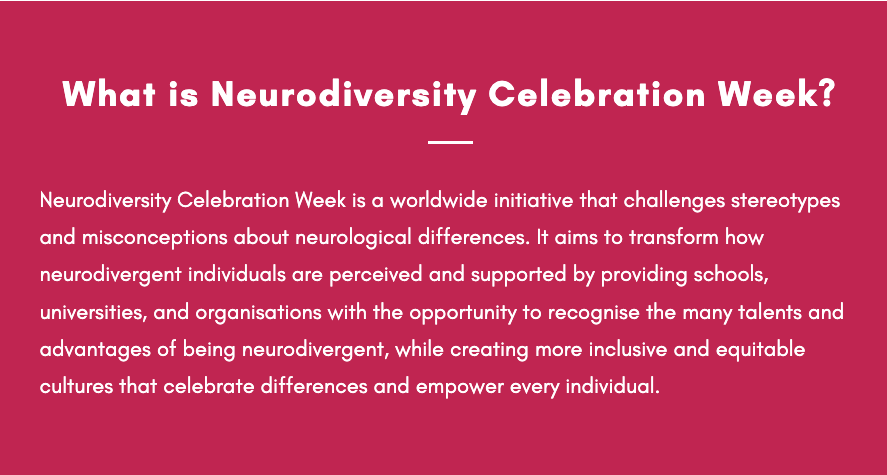Digest #161: Guide to Effective Presentations
By Cindy Nebel
This week I was having a conversation with Brian Selman, Assistant Director of Coaching and Player Development for the Pittsburgh Pirates, about how learning science could make the conversations with his fellow coaches and players more effective. He asked if we had any resources on our website about making presentations more effective and the answer was, well… kind of. So today I’m scouring the internet and providing you (and Brian) with a few resources that utilize the learning science principles we advocate to talk about effective presentations of material.
1) GUEST POST: Make the Presentation Count by Anna Navin Young, @AnnaNavinYoung
First up, the one post that we have on our website that most directly talks about effective presentations. This post focuses on designing effective powerpoint slides using what we know about multimedia learning.
Image from Pixabay
2) Improving Presentations with Learning Science by the Center for Innovation in Legal Education
This is a really nice summary of the science behind effective presentations. It also focuses on the design of powerpoint slides, but includes a breakdown of some of the theory behind the principles and concrete applications.
3) Scientific Presenting: Using Evidence-Based Classroom Practices to Deliver Effective Conference Presentations by Lisa Corwin (@lcorwin202), Amy Prunuske (@aprunuske), and Shannon Seidel (from @PLUNEWS)
This article is focused on presenting at scientific conferences, but I think these principles are broadly applied to presenting anything to anyone. They include principles like promoting engagement and equity, assessment, knowing your audience, and backward design. But the best part about this is that they include SO MANY examples of ways you can engage adults in activities during presentations.
Image from Pixabay
4) A Scientist’s Guide to Making Successful Presentations to High School Students by Gloria Seelman of the NIH Office of Science Education
This resource really is for science teachers, but again, the lessons included could and should be considered by anyone hoping to present an effective presentation. Consider your audience and goals, engage the learners, but also while presenting, consider wait time and equity issues. Included here are also some excellent off the shelf classroom tools for science educators.
5) The Science of Effective Presentations by Prezi, @prezi
While I am not specifically endorsing Prezi as a medium here, this document walks through some of the research specifically around the effectiveness of storytelling to create a compelling and memorable presentation. There are some visually appealing examples provided as well as ideas for how to deliver the story.
In addition to the above, we have a two blogs about creating effective instructional videos (here and here) that talk about some of the same principles as the above resources and could be useful!
From time to time, we pick a theme and provide a curated list of links. If you have a theme suggestion, please don’t hesitate to contact us! Occasionally we publish a guest digest, and If you'd like to propose a guest digest click here. Our 5 most recent digests can be found here:
Digest #156: Learning (More) About Neurodiversity
Digest #157: Exam Preparation Tips
Digest #158: Mental Health and Wellbeing in Education




